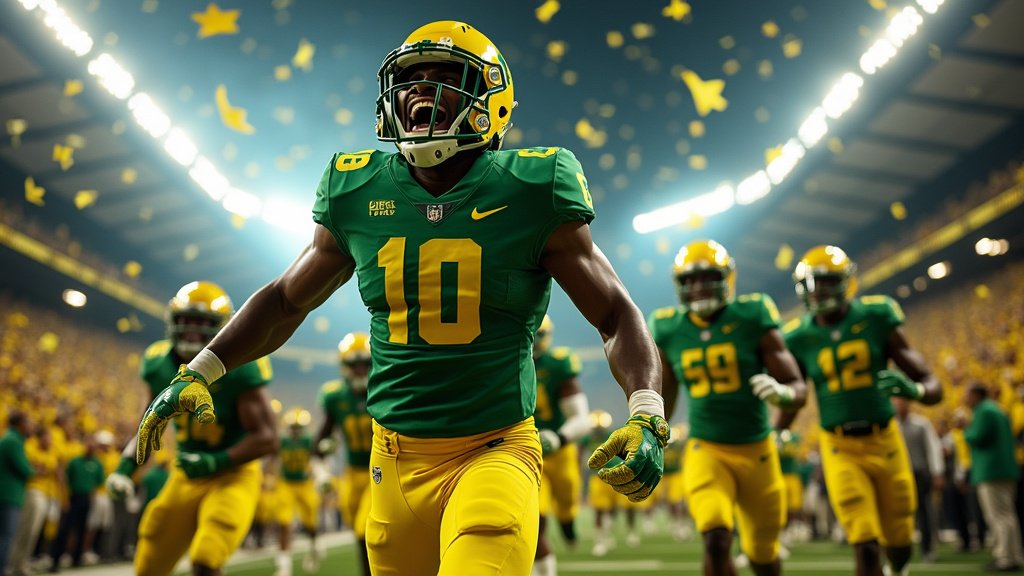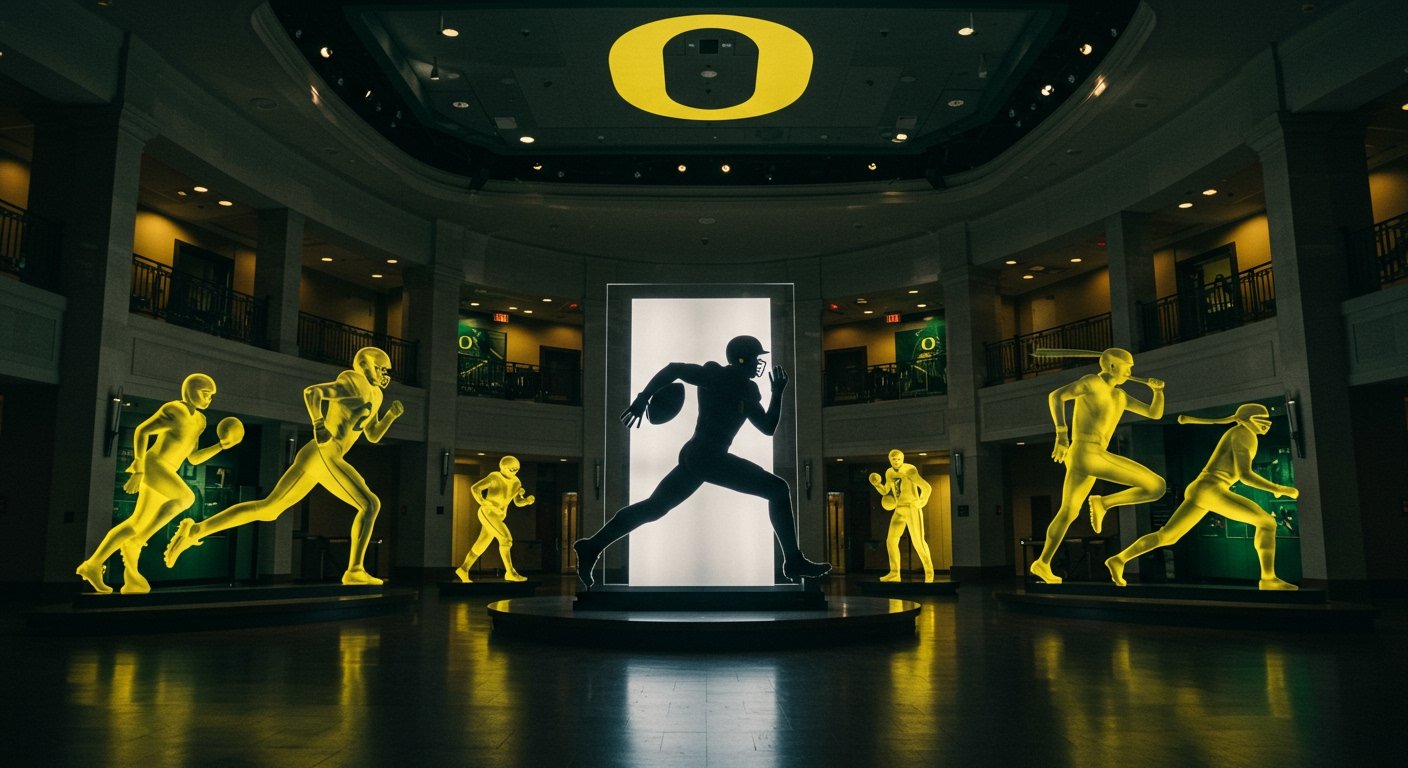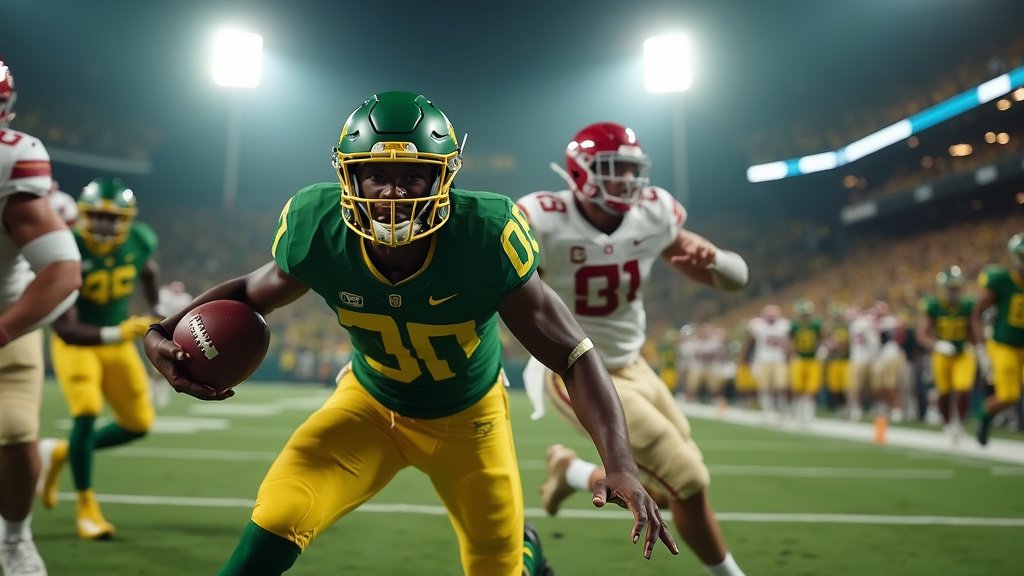DK Metcalf Champions Mental Health Services for the Deaf Community in NFL Initiative
In a groundbreaking move that combines sports and advocacy, Seattle Seahawks wide receiver DK Metcalf has taken a significant step toward raising awareness for mental health services within the deaf and hard-of-hearing community. As part of the NFL’s “My Cause My Cleats” initiative for the 2024 season, Metcalf has partnered with SOUND Behavioral Health’s Deaf Services Program, shining a much-needed light on the challenges faced by this often-overlooked demographic.
A Unique Campaign for a Critical Cause
The “My Cause My Cleats” campaign is an annual NFL initiative that allows players to showcase the nonprofit organizations they support through custom-designed cleats. These cleats are worn during designated games, creating a vibrant platform for advocacy and fundraising. During Weeks 13 and 14 of the NFL season, Metcalf expressed his commitment to the deaf community by donning specially designed cleats that not only reflect his personal connection to the cause but also aim to educate the public about the resources available to deaf individuals in need of mental health support.
Metcalf wore his custom cleats on December 1 against the New York Jets, marking a pivotal moment in his advocacy efforts. This year, the campaign also embraced technological advancements, utilizing generative AI technology through Amazon Web Services to bring the cleat designs to fruition. This integration of modern technology with traditional advocacy demonstrates how impactful and innovative the campaign can be.
Metcalf’s Personal Connection to the Deaf Community
For Metcalf, this initiative is deeply personal. His connection to the deaf community began during a summer college course where he learned American Sign Language (ASL). This newfound understanding prompted him to seek ways to support the deaf and hard-of-hearing individuals. “Prison Fellowship is an organization I’ve been supporting since my rookie year,” Metcalf stated at a recent press event. “To bring along SOUND, a local organization I can start to support, it brings more eyes to the cause.”
SOUND Behavioral Health’s Deaf Services Program offers a wide range of resources aimed at addressing both mental health and housing needs for the deaf community. The program stands out for its commitment to providing mental health counselors who are fluent in ASL, ensuring that individuals can communicate effectively and receive the support they need.
The Critical Need for Mental Health Services
Research indicates that mental health disorders in the deaf community are 25% more prevalent than in the general population. The 2023 Census revealed that over 321,000 Washingtonians, aged 12 and up, experience severe hearing loss. These statistics highlight the urgent need for accessible mental health services tailored to the deaf and hard-of-hearing community.
Dani Anderson, a client of SOUND’s Deaf Services, has experienced firsthand the challenges in finding qualified mental health support. After battling depression for over a decade, she sought counseling but found it difficult to locate a therapist who could communicate with her in ASL. “As far as I know, [SOUND] is the only place that deaf and hard-of-hearing people can come in the north or south of Washington to get counseling,” Anderson shared. “It would be really nice to have other signing counselors and access to therapy in the north and south of the state.”
Lead clinician Heidi Isakson further emphasized the pressing need for ASL-fluent counselors, noting that many individuals within the deaf community often feel isolated and misunderstood due to past traumas and a lack of support systems. “They don’t feel understood often, they don’t have a support system, they’re frustrated with access, and they’re also frustrated with how to express themselves,” Isakson explained.
Collaboration and Cleat Design
The collaboration between Metcalf and SOUND Behavioral Health involved not only creative design work but also communication entirely in ASL. This unique approach underscored the importance of representation and inclusion within the campaign. Isakson described the experience of working with Metcalf as surreal, stating, “DK was so down to earth. He made everyone feel included, and he made a lot of eye contact. He mentioned that deaf people are people, and I really appreciated that from him. That feeling of inclusion.”
SOUND Behavioral Health has been a vital resource in the community for 58 years, serving approximately 15,000 individuals annually. The organization was one of the pioneering agencies in Washington to establish a program specifically focused on the deaf and hard-of-hearing population, addressing both mental health and substance use issues.
Impact Beyond Financial Support
The recognition and support from Metcalf and the NFL go beyond mere financial assistance for SOUND Behavioral Health. It presents an invaluable opportunity to educate the broader community about the barriers faced by the deaf and hard-of-hearing population. “People outside of the deaf community are going to get awareness of deaf culture, our language, and having role models too,” Isakson expressed. “It’s really important for the deaf community. It’s really important representation and I’m really thrilled about it.”
This campaign serves as a reminder that professional athletes can leverage their platforms for social good, advocating for causes that resonate with their personal experiences and values. By highlighting the challenges faced by the deaf community, Metcalf is helping to foster a more inclusive society that recognizes and addresses the needs of all individuals, regardless of their hearing abilities.
Conclusion
DK Metcalf’s involvement in the NFL’s “My Cause My Cleats” campaign represents a significant step toward raising awareness and addressing the mental health needs of the deaf and hard-of-hearing community. His partnership with SOUND Behavioral Health and his commitment to using ASL in his advocacy efforts reflect a growing recognition of the importance of inclusivity and representation in all areas of society. By bringing attention to the critical resources available through SOUND’s Deaf Services Program, Metcalf is helping to create a more compassionate and understanding environment for those who struggle with mental health issues. As the NFL continues to evolve its commitment to social causes, initiatives like these remind us of the power of sports to effect meaningful change in the world.




